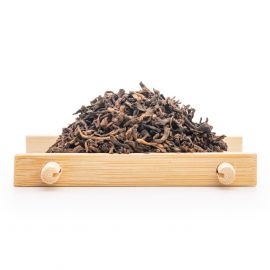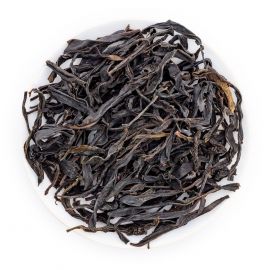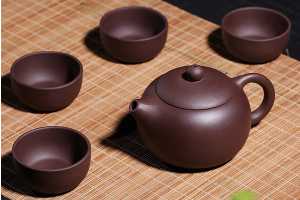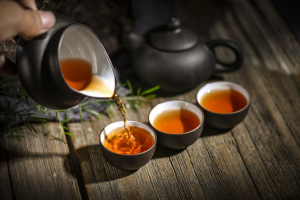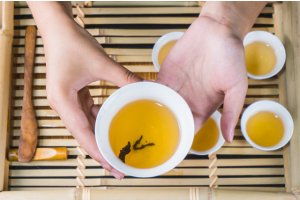
Puerh tea is a type of post-fermented tea, Puerh tea comes from China’s Yunnan Province and is named after Pu erh city in southern Yunnan. Although Puerh tea shares some characteristics with black tea and green tea, it shouldn’t be classified as either one of them. Unlike other teas, which get stale over time, Puerh tea can mellow and improve with age like fine wine.
Tea Garden:
Puerh tea trees are is produced in almost every county and prefecture in Yunnan province, but the most famous Puerh tea areas are Xishuangbanna, Lincang, Pu’er, and Baoshan. The grown area is with an average elevation of 1000-2500m above sea level, the areas are blanketed with many large-leaf ancient tea trees.
At these heights, the trees of Puerh tea tend to grow more slowly, but produce pu erh tea of noticeably higher quality - which in turn leads to the saying that “good tea comes from high mountains”. The Puerh tea trees here are nourished by the beautiful Lancang River, giving the trees a finer texture and thick taste, rich in water-soluble extractives that can be coaxed out of the leaves over many infusions.
Puerh Tea Classification:
According to the processing methods, Puerh tea can be divided into raw puerh tea and ripe puerh tea.
Raw Puerh tea is also known as green pu erh tea or uncooked pu erh tea, raw Puerh tea can be sprayed with hot water and stored to dry in a humid environment, which accelerates the oxidation process, or stored in a temperate and humid place, so as to slowly age the tea.
Ripe Puerh tea is also known as cooked Pu Erh tea, offers you pressed maocha that has undergone fermentation in the ripening process for more than a year.
Puerh Tea Benefits:
Puerh tea contains higher levels of antioxidants compared to other types of tea as it is naturally fermented. Puerh tea helps increase metabolism, which is beneficial for persons who wish to lose weight.
Puerh tea can help to lower your risk of heart disease while enjoying a delicious, soothing beverage because it helps produce lovastatin.
Puerh tea has oxidative properties which help deliver increased levels of oxygen, which enhances circulation and blood flow.
Puerh tea can help to reduce stress and its inflammatory properties aid in relaxation.
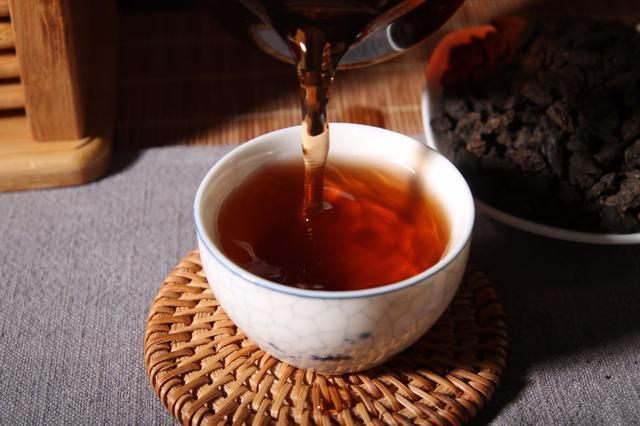
How to Brew Puerh Tea:
Use Yixing Clay Teapot or Porcelain Gaiwan to brew Puerh Tea Cake:
In Chinese Gongfu Way:
Serving Size:5g
Water: 150ml with a temperature above 95℃.
8 steeps: rinse, 15s, 20s, 25s, 30s, 40s, 50s, 60s, 80s
Rinse time around 5s.

